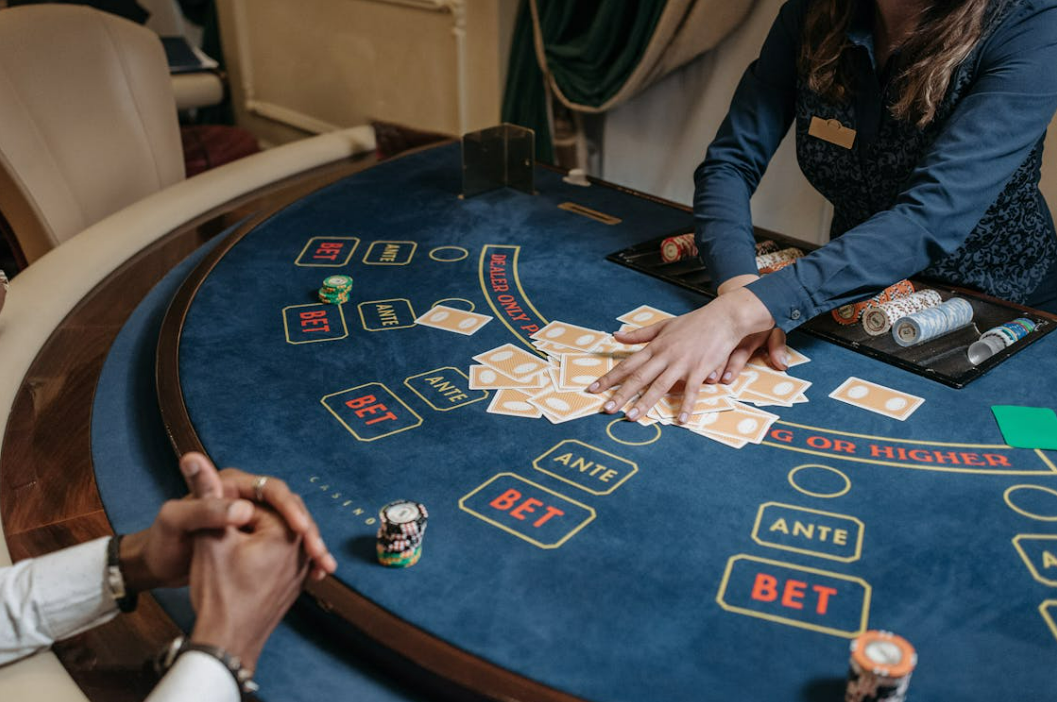Gambling, a pastime enjoyed across the globe, elicits a spectrum of cultural responses and attitudes. From the neon-lit extravagance of Las Vegas casinos to the subdued and regulated betting shops of Japan, the world presents a kaleidoscope of gambling practices and regulations. This blog delves into how different cultures perceive gambling and casinos, exploring the nuances of national attitudes, unique traditions, and the laws that shape the global gambling landscape.
The United States: The Land of Liberty and Lotteries
In the United States, gambling is both a celebrated and contentious issue, varying significantly from state to state. Places like Las Vegas and Atlantic City are synonymous with gambling, offering a haven for enthusiasts with their opulent casinos and liberal attitudes. However, not all states embrace gambling; some maintain stringent prohibitions. This dichotomy reflects the broader American ethos of freedom and individual rights, juxtaposed with conservative values and concerns about social welfare.
China: Tradition Meets Tight Control
Gambling has deep historical roots in China, with games like Mahjong being a staple of social life. However, the Chinese government maintains a strict control over gambling, with only certain forms of state-run lotteries being legal. Macau stands out as an exception, a gambling enclave that draws players from across Asia and beyond with its lavish casinos. The contrast between Macau and the mainland highlights China’s nuanced relationship with gambling, balancing traditional enjoyment with strict regulation.
The United Kingdom: A Nation of Bettors
The UK has a long-standing gambling culture, with betting shops a common sight and various forms of gambling deeply ingrained in social fabric. The liberal laws reflect a society that views gambling as a legitimate leisure activity and a personal choice, regulated to ensure fairness and protect against addiction. Online casino gambling has also seen a surge in popularity, further testament to the UK’s relatively permissive and progressive attitude toward gambling.
Japan: A Unique Approach to Betting
Japan’s gambling laws are notably strict, with most forms of gambling being illegal. However, the country harbours a unique gambling culture, with pachinko parlours dotting cityscapes, offering a loophole through their non-cash prizes that can be exchanged for money off-site. Additionally, traditional forms of betting on horse and boat races are widely popular, reflecting a selective acceptance of gambling that aligns with cultural and historical preferences.
The Middle East: Religious Restrictions
In many Middle Eastern countries, gambling is prohibited due to religious beliefs, particularly in nations where Islam is the predominant faith. Islamic teachings generally consider gambling to be haram (forbidden), leading to strict laws against casinos and betting. However, there are exceptions; for example, Dubai has a racecourse that allows betting, illustrating how economic interests and tourism can sometimes influence the strict interpretation of religious laws.
Australia: A Love Affair with Pokies
Australia boasts one of the world’s highest rates of gambling participation, particularly notable for its widespread pokie (slot machine) culture. Casinos, sports betting, and lotteries are immensely popular, reflecting a laid-back attitude towards gambling as a form of entertainment. However, this prevalence has also sparked national conversations about problem gambling, leading to increased awareness and preventive measures.
Conclusion
Gambling and casinos evoke a diverse array of cultural attitudes and responses worldwide, shaped by historical, economic, social, and religious factors. Whether seen as a harmless pastime, a regulated industry, or a prohibited activity, gambling remains a fascinating reflection of cultural values and norms. Understanding these global perspectives enriches our appreciation of gambling’s complex role in society and the varied human experiences it encompasses.




